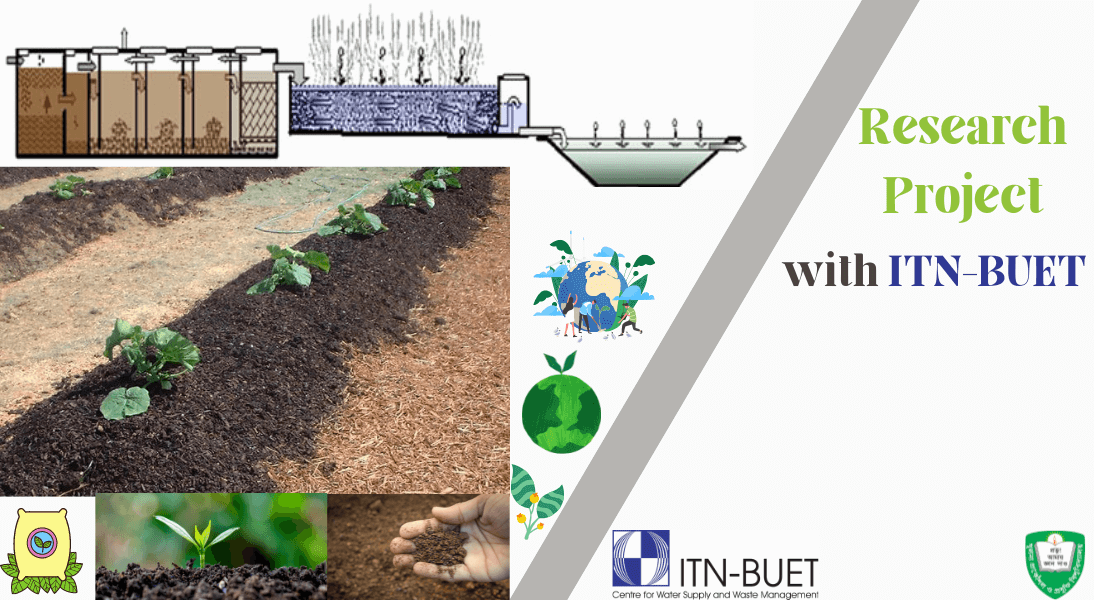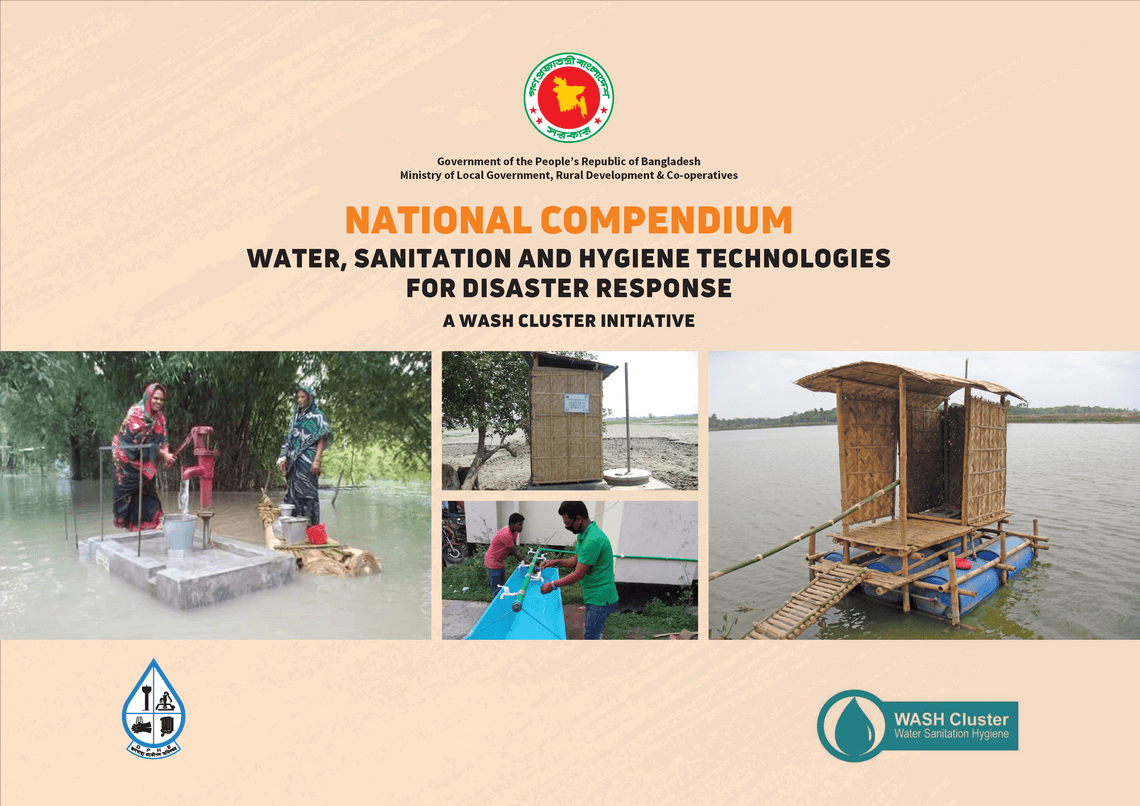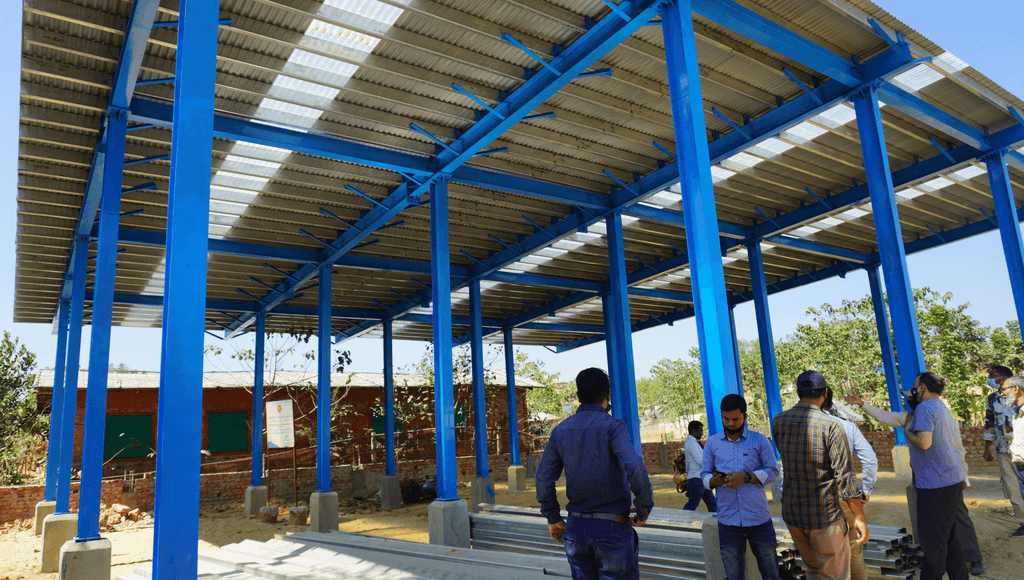Period: September 2018 - April 2021
Client(s): Bill & Melinda Gates Foundation (BMFG)
Awareness regarding FSM among high level policy makers, Paurashavas leadership, and people in general is very limited. For the successful implementation of the planned and future FSM/sanitation projects, there is also a dire need to increase the capacity of staff members within the DPHE and Paurashavas on all aspects of fecal sludge management (FSM). However, there is a lack of trainers and appropriate training materials. The country also lacks a proper “platform” for providing continued capacity building support to the sanitation/FSM sector.
Hence, the project is to support scaling City Wide Inclusive Sanitation (CWIS) and FSM services in Bangladesh through a national level capacity building program. The specific objectives include: (a) to raise awareness among major stakeholders, including high level policy makers, LGI leadership and officials regarding FSM, and formulate necessary plans, regulations, guidelines , in an effort to create an enabling environment for mainstreaming the IRF in urban centers of Bangladesh; (b) enhance capacity of LGIs, DPHE, LGED, and other stakeholders for planning, implementation, and monitoring of development bank and GoB funded projects involving city-wide inclusive sanitation services including FSM; and (c) development of a national capacity building platform for providing continued capacity building support to all sector stakeholder.





